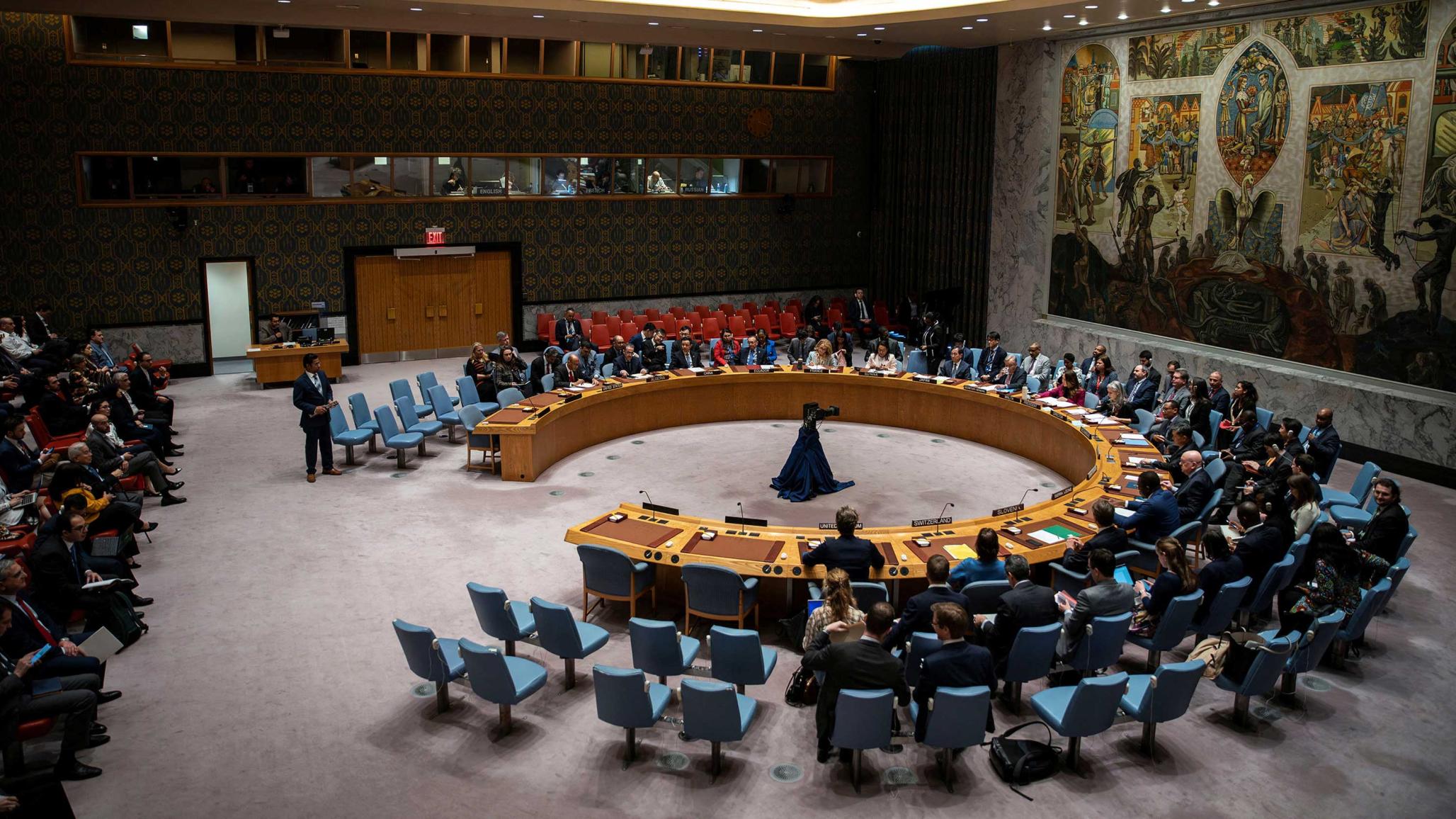In a largely overlooked action, on March 28, Russia vetoed the renewal of the Panel of Experts (PoE), an independent body established by United Nations Security Council Resolution (UNSCR) 1874 in 2009 to monitor UN-authorized sanctions on North Korea following that country's second nuclear test. While the Panel was not perfect, its regular reports to the UNSC did establish a universally accepted baseline of knowledge of efforts to bust UNSCR-authorized sanctions against North Korea and implementation of sanctions enforcement by UN member states. China and Russia have sought to end sanctions on North Korea, and unless the Panel is revived before it sunsets on April 30, sanctions violations are likely to escalate and not be reported to the Security Council. But while the PoE's prospective demise is a blow for implementation of international economic sanctions, it need not be a death blow.
Beginning in 2010, the Panel, which included members from the United States, China, France, Japan, Russia, South Korea, and the United Kingdom, submitted annual reports to the UNSC (semiannual from 2017), which were then released publicly. While the Panel at times came under pressure from member governments regarding the disclosure of politically sensitive or embarrassing material, its reports formed a corpus of authoritative evidence on North Korean sanctions evasion activities and member states' implementation (or non-implementation, as was often the case) of UNSC sanctions resolutions.
Russia's motivation in taking this action is not hard to guess. While a Russian Foreign Ministry spokesperson couched the country's veto as preventing the "collective West" from "strangling" North Korea, it is more plausible that Moscow is seeking to cover its tracks. The Panel's final report includes material on munitions-laden North Korean ships delivering cargo to Russian Navy ports for transshipment by rail to a Russian military supply depot not far from Ukraine. These arms transfers, as well as renewed Russian cooperation with North Korea in advanced military systems, violate existing resolutions—which Russia previously supported. The United Kingdom called the Russian action "nothing more than an attempt to silence independent, objective investigations." The country also stands accused of interfering with similar panels addressing situations in South Sudan, the Democratic Republic of the Congo, the Central African Republic, and Mali to obscure the activities of its mercenaries in these regions. China, which has been unsupportive of the Panel's activities but has not been caught red-handed trading arms with North Korea, abstained, content to let Russia take the heat.
So as Vladimir Lenin once put it, "what is to be done?" One group of countries, led by Canada, envisions a possible role for the General Assembly, if Russia does not reverse course by the April 30 deadline. Some smaller, less well-resourced countries have lauded the PoE's informational role in facilitating sanctions implementation and compliance.
But whatever the United Nations does, it is likely that there will be renewed efforts outside its system. The Proliferation Security Initiative, an ongoing effort from the George W. Bush era, would be one model of a coalition of the willing (now up to 112 members) to apply sanctions outside the UN ambit. The United States and South Korea recently launched an Enhanced Disruption Task Force and jointly sanctioned six individuals and two entities based in Russia, China, and the United Arab Emirates for enabling the North's weapons of mass destruction programs. Those sanctioning activities can be broadened.
The Egmont Group is a 174-member state network of financial intelligence units that shares information and collaborates on illicit financial activities. It does not have a mandate in the area of sanctions, but that does not mean that this mandate could not be created, and if it were, the Group could take on an intensified role in monitoring North Korean sanctions evasion in the financial sphere.
The Russian veto of the Panel of Experts renewal represents another small marker of the 21st century decline in US hegemony and a renewed Cold War split in the global order. It is a loss. But at the same time, there may be something liberating in pursuing these goals without having to fight rearguard actions by authoritarian states.
Data Disclosure
This publication does not include a replication package.


